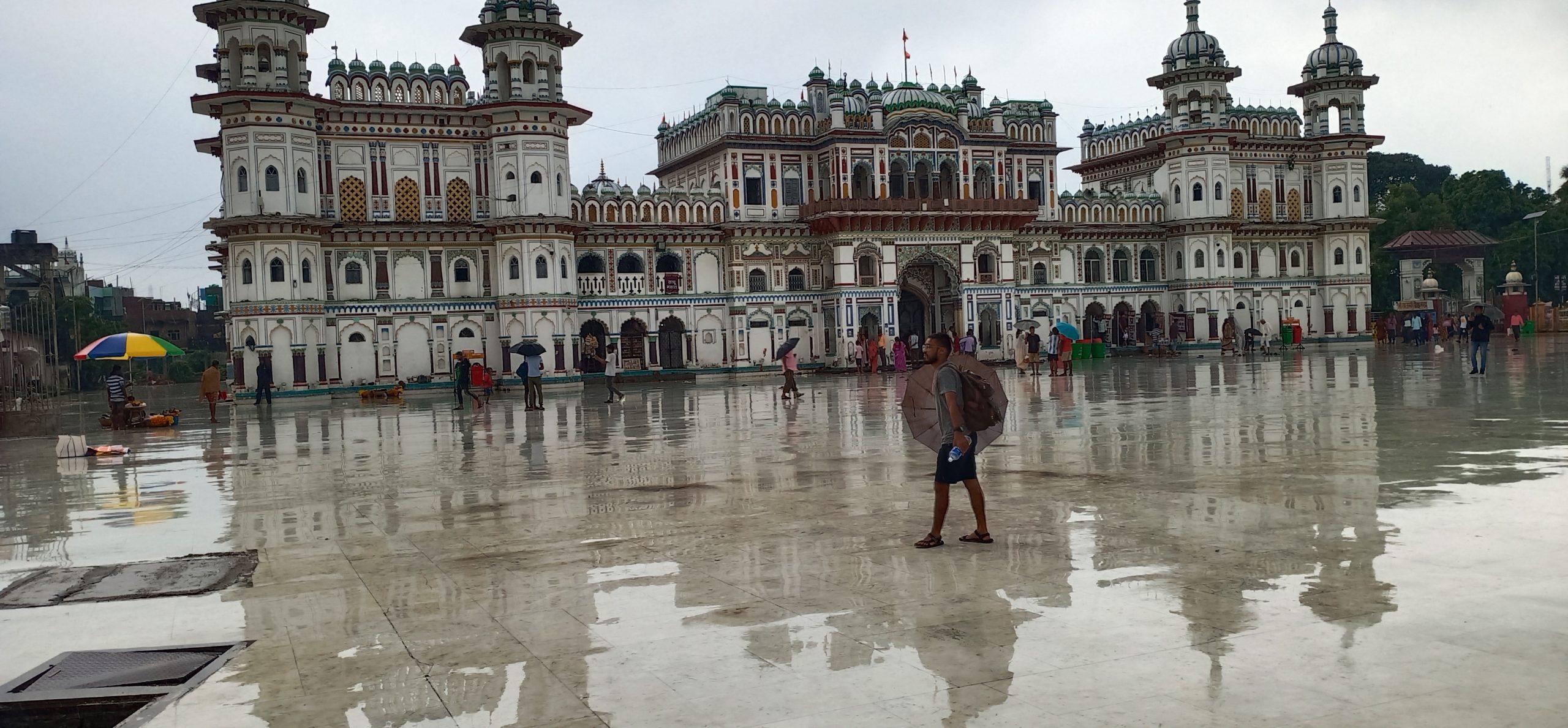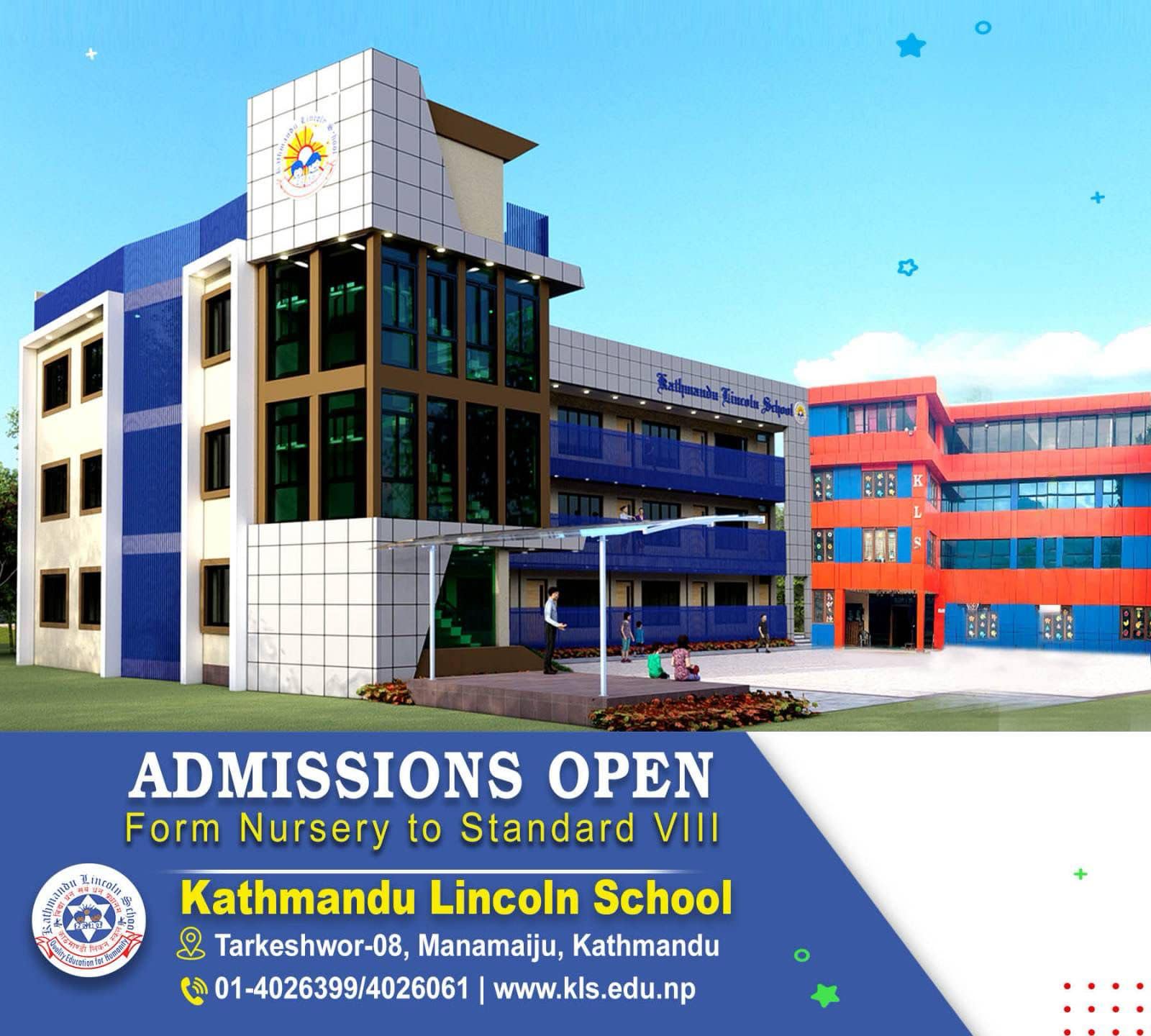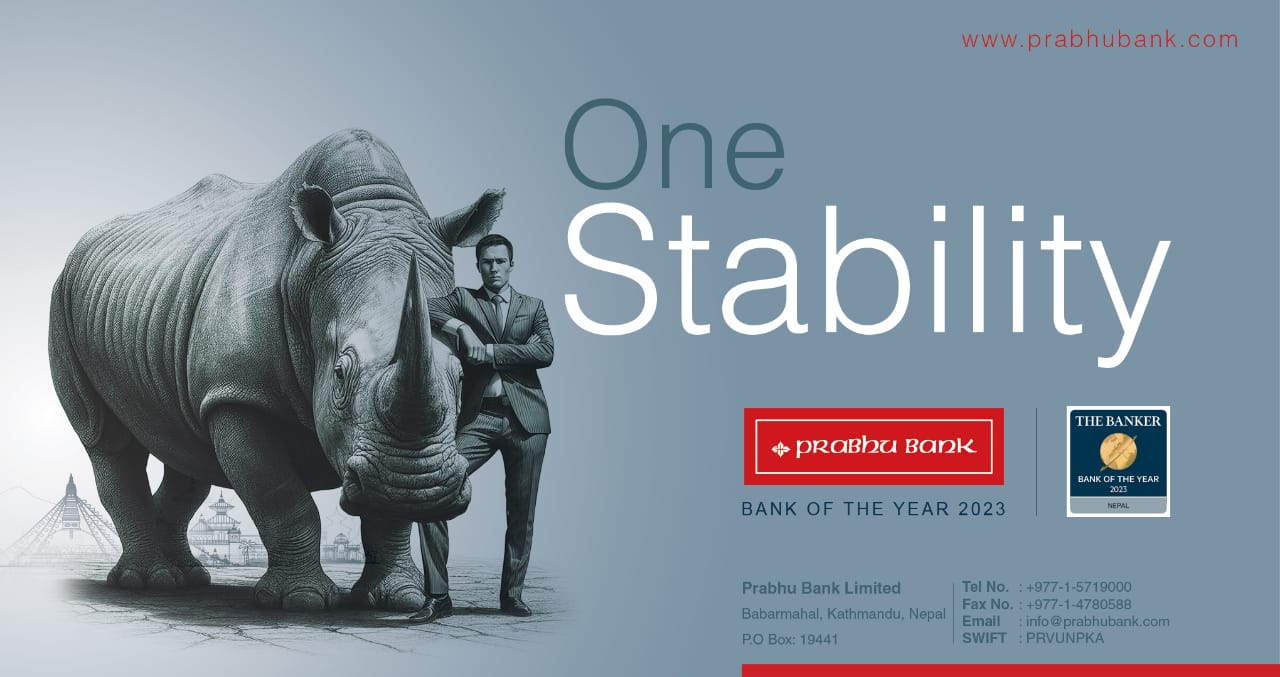Discussion on ‘Janakpurdham after 25 years’
Mahendranagar (Dhanusha), Nov 18: A discussion has been held on ‘Janakpurdham after 25 years’ here. The event is organized by Madhes Manas at Gangasagar, Dhanusha. During the first session of the discussion, the speakers shed light on various aspects of Janakpurdham for its development.
In the programme, Janakpurdham Mayor Manoj Kumar Saha envisioned the post 25-year developments as construction of the Janakpurdham-Ayodhya railway service by incorporating the city inside ring road, expansion of Rajarshi Janak University, smooth drinking water supply, parks and greenery.
Similarly, Deputy Mayor Kishori Shah viewed the local level had brought forth many reforms, but the city needs to be made tidier and greener. It however needs all sides’ cooperation, she stressed. On the occasion, Minister for Sports and Social Welfare in Madhes Province, Surita Shah, blamed the central government for not extending support to the province government. “Existing center-focused mindset is hindrance to development,” she argued.

Prof Dr Bhogendra Jha suggested that future plan must not forget the past. Broader thoughts and farsightedness is essential to devise all-acceptable plans and development works, he said, adding that plans relating to education were not met, thereby slowing development. Moreover, in the second session, former minister Gyanendra Kumar Yadav said federalism is essential for Madhes.
But, the forces in favour of federalism were divided in terms of development. They are busy more in disputing than working with collective efforts and unity. One of the torchbearers during the Madhes movement, Biva Thakur and Saroj Kumar Mishra, said the federalism they dreamt and the federalism they are experiencing are stark contrast. Federalism is not the only option to development, they viewed.
They further blamed that the Madhes centric parties are not affected at all though the leading youths in Madhes were weakening now. Political scientist Rakesh Mishra also argued that the Madhes centric parties who were in favour of federalism were becoming weak and losing influence. In the third session, speaker CK Lal spoke on socio-cultural value of Chhath festival.
Chhatha is the festival of social harmony, unity and cooperation and worship of nature, he said, suggesting that political parties could learn from Chhath festival for unity. “At a time when the traditional Chhath festival has ended discrimination, why the political parties and government failed to follow suit,” he questioned, adding that there is no mantra in Chhath but folk song and public welfare.
प्रकाशित मिति : २ मंसिर २०८०, शनिबार १५:२१















